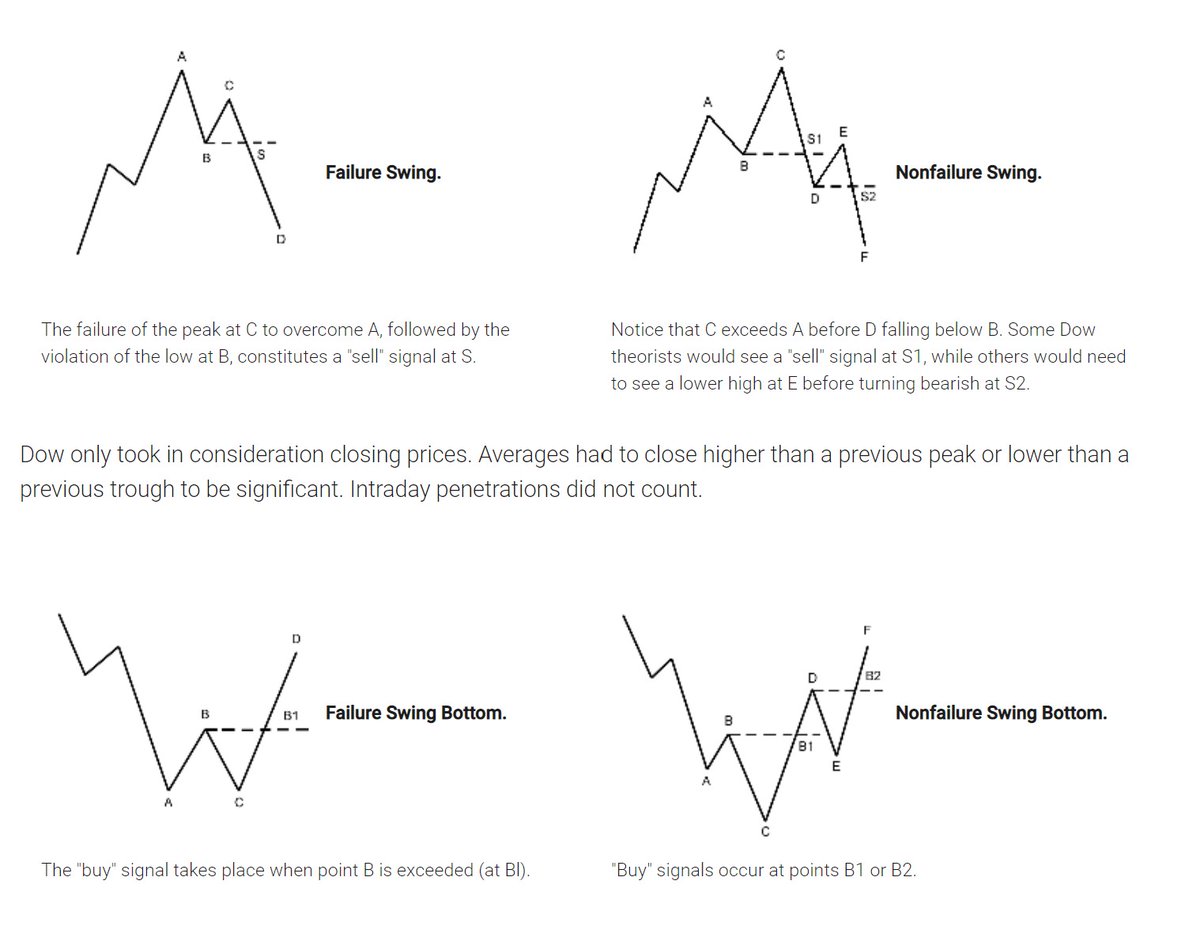Before getting into what this means, let's first discuss how we got here
A trend I'm excited for this year: DataOps & the Analytical Engineer
~10 years ago DevOps was born. The role of system admins and developers merged. Infrastructure became self-serve
Today the role of data engineers and business analysts are merging. Data is becoming self-serve
Before getting into what this means, let's first discuss how we got here
Tools like Informatica / Talend were used to batch load (ETL) data into these databases, Tableau used to visualize
Then in 2013 AWS released their cloud data warehouse Redshift, and it was a game changer. Snowflake was founded in 2012, but didn't really pick up steam until a few years later (around 2016)
1. It was the first cloud-native OLAP warehouse. It reduced the TCO of an OLAP database by orders of magnitude.
2. Speed of processing analytical queries increased dramatically
What does this all mean? An EXPLOSION of data
Now, after this point we still weren't ready for DataOps / Analytical Engineers. What did it take to get there?
1. Data Movement: @fivetran
2. Data storage / compute: @SnowflakeDB @awscloud @GCPcloud
3. Data Transformations: @getdbt
When data access becomes democratized and self-serve in nature, the need for new tools to manage this "modern data stack" goes up. I think we'll see a TON of huge companies built in the following categories:
2. Monitoring the quality of the data (and pipelines) will become increasingly important in self-serve settings. "Datadog for data"
More from Tech
You May Also Like
So friends here is the thread on the recommended pathway for new entrants in the stock market.
Here I will share what I believe are essentials for anybody who is interested in stock markets and the resources to learn them, its from my experience and by no means exhaustive..
First the very basic : The Dow theory, Everybody must have basic understanding of it and must learn to observe High Highs, Higher Lows, Lower Highs and Lowers lows on charts and their
Even those who are more inclined towards fundamental side can also benefit from Dow theory, as it can hint start & end of Bull/Bear runs thereby indication entry and exits.

Next basic is Wyckoff's Theory. It tells how accumulation and distribution happens with regularity and how the market actually
Dow theory is old but
Here I will share what I believe are essentials for anybody who is interested in stock markets and the resources to learn them, its from my experience and by no means exhaustive..
First the very basic : The Dow theory, Everybody must have basic understanding of it and must learn to observe High Highs, Higher Lows, Lower Highs and Lowers lows on charts and their
Even those who are more inclined towards fundamental side can also benefit from Dow theory, as it can hint start & end of Bull/Bear runs thereby indication entry and exits.

Next basic is Wyckoff's Theory. It tells how accumulation and distribution happens with regularity and how the market actually
Dow theory is old but
Old is Gold....
— Professor (@DillikiBiili) January 23, 2020
this Bharti Airtel chart is a true copy of the Wyckoff Pattern propounded in 1931....... pic.twitter.com/tQ1PNebq7d















